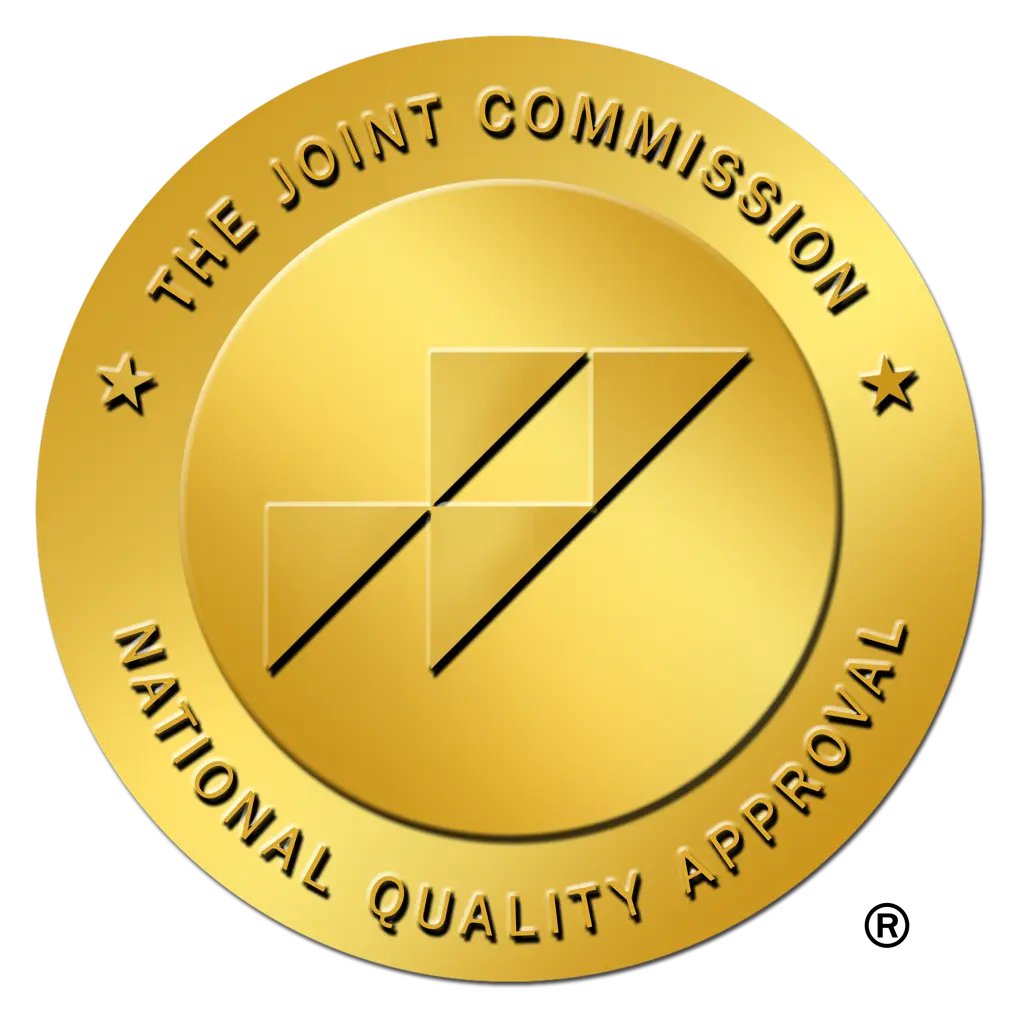Get Through a Crisis With Help in California
Experiencing a mental health crisis can make you feel like the world around you is crumbling. It is frightening, can also be disorienting, and feel impossible to escape. When a person is mentally unstable, the consequences can be debilitating and lead to dangerous behaviors. That’s why it’s essential to know that people can get through a crisis with mental health stabilization. Reaching out for help from a mental health treatment center can provide you with the treatment, compassion, and round-the-clock supervision you need to get out of a mental health crisis.
Crisis stabilization units, like Alter Mental Health in San Diego, are alternatives to inpatient hospitalization. People may be more willing to accept help from centers like this as they are more private and comfortable compared to many hospitals’ sterile, hectic environments. Alter Mental Health provides a specialized treatment approach geared toward individuals who are experiencing mental health crises or emergencies. Our patients are able to successfully reset their mental health and leave with a clear plan for how to proceed with long-term care. People don’t have to go through a crisis alone. With mental health treatment and therapy, anyone can escape a mental health crisis and get on the path to a happier, healthier life.
What Is Mental Health Stabilization?
A mental health crisis is when a person’s state of mind no longer allows them to take care of themselves, they’re unable to handle the stress of everyday life, or they’re at risk of harming themselves or others. Anyone can experience a mental health crisis resulting from various stressful events or traumatic experiences. Mental health crises can also occur in a person with a pre-existing mental health disorder, even when they are following treatment.
Mental health stabilization refers to getting an individual to a non-crisis level and ensuring they are no longer a potential harm to themselves or others. Stabilization for mental health during a crisis is usually in the form of short-term, inpatient care. People will receive immediate care from various healthcare providers, including nurses, physicians, and mental health professionals. Usually, mental health stabilization cannot be done in just a few hours or while the patient goes home for the night. The kinds of situations that require stabilization are serious, and they require intensive care and 24/7 monitoring.
The following are situations or symptoms which may be considered a crisis and require mental health stabilization:
- Nervous breakdown, although not an official diagnosis, is a term many people continue to refer to when a person has lost the ability to function due to excess stress.
- Violent or aggressive behaviors where the person is a threat to others.
- Extreme isolation and the person is in a state of complete or near-complete lack of contact with others.
- Suicidal tendencies, including planning for suicide or engaging in serious self-harm.
- Catatonia is a state of lack of movement without speech or response to others or stimuli.
- Psychosis occurs when a person loses complete touch with reality and can experience delusions, paranoia, detachment, and hallucinations.
While these are extreme and severe cases, they are not the only reasons why a person may need mental health stabilization. Individuals struggling with mental health issues can have an acute crisis and need short-term stabilization. Examples of this can include someone who is experiencing a severe bout of depression or a person struggling with an eating disorder who is no longer eating.
Short-term stabilization may also be necessary for people struggling with substance use disorders who have reached a crisis point, such as an overdose or mental health crisis triggered by substance use. This is usually the first step in treatment to provide a solid foundation for recovery.
What Helps Someone Stabilize During a Mental Health Crisis?
Mental health crises can be flare-ups of mental health disorder symptoms triggered by a stressful event but can also occur without a clear cause. If someone is experiencing a crisis and is at risk of hurting themselves or others, they may need emergency help.
Experiencing or witnessing a mental health crisis can leave you feeling helpless and unsure of how to remedy the situation. Whether you are trying to navigate the situation on your own or waiting for an emergency response, here are some strategies you can use to de-escalate the crisis:
- Speak in a calm, reassuring manner.
- Focus on listening rather than offering solutions or attempting to be positive.
- Ask how you can support them and what you can do to help them.
- Move them to a quiet, calm area with minimal stimuli.
- Provide them with soothing tools such as blankets, pillows, warm tea, or calming music.
- Give them space and avoid touching them unless they give you permission.
- Offer them options such as calling a loved one, walking together, or coordinating treatment appointments.
Remember, you are not a counselor, and your goal is to get the person to a calm enough state that will allow them to accept help. There may be a point where you cannot calm the situation and you should be prepared to call someone else for help. The Suicide and Crisis Lifeline is available 24/7 by calling or texting 988, and it can help you in these situations. If someone is at risk of hurting themselves or others, you should call 911 immediately.

Is There a Place for Mental Health Stabilization in San Diego?
Alter Mental Health offers mental health stabilization in San Diego. Clients receive 24-hour medical supervision along with evidence-based therapies and medication management. Our center offers fewer than 16 beds, which ensures clients have access to the individualized care they need in a calm, quiet environment. The crisis stabilization plan includes a thorough intake for adequate diagnosis and to determine a treatment plan, ensuring patient safety, and providing an aftercare plan plus referrals so patients can continue with needed long-term care as they return to their daily lives.
How Can I Get Started with Mental Health Stabilization?
To get started with mental health stabilization in California, you can call Alter Mental Health in San Diego to speak confidentially with one of our assessment counselors or submit an online request for a confidential callback. Our assessment counselors can help you determine whether our short-term stabilization unit is the best option for you or your loved one at this time. Once admitted, our clinical team will use the proper diagnostic tools to create a personalized course of treatment and suggest aftercare treatment options so you can continue toward the path of recovery.
Call Our San Diego Facility and Get Help With Mental Health Stabilization
If you or a loved one are struggling with a mental health crisis, please call Alter Mental Health in San Diego today at 866-986-1481. We are available 24/7 for immediate admittance during a mental health crisis or emergency. Our highly qualified, compassionate staff will provide the necessary therapies and medications needed to help you through this difficult period. Mental health stabilization units can help you return to your daily life feeling centered and in control again. Please do not hesitate to ask for help — your mental health matters, and you deserve the happy, healthy life you envision.

